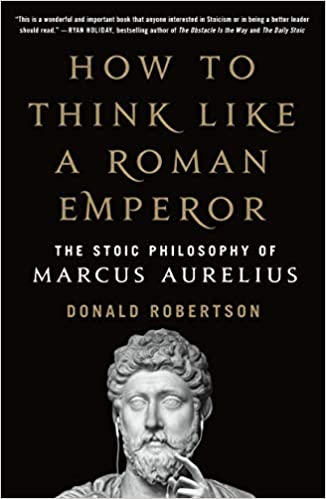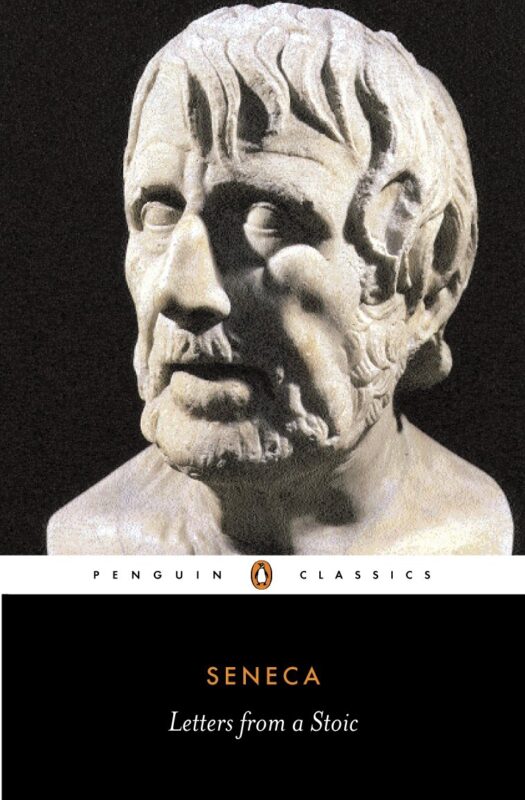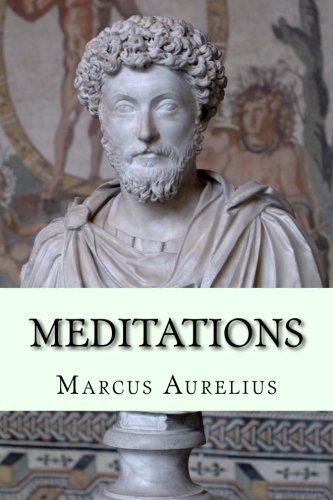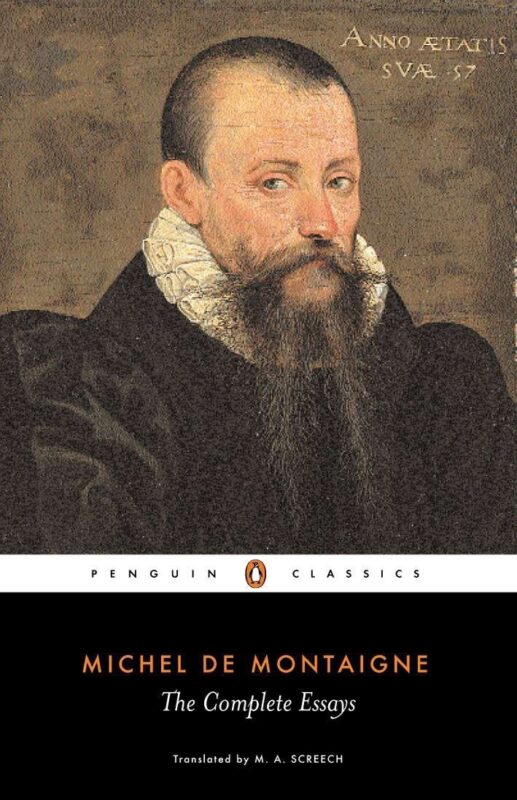Jamie Ryder is the founder of Stoic Athenaeum. He’s on a mission to make philosophy sexy and down to earth. He’s focused on breaking stigmas about mental health and leadership. He says that everyone has a philosophy they live by every day and the more they understand their philosophy, the more they will know how to communicate with others. Listen in for wisdom on stepping back for a wider view to move forward.
Key Takeaways
[1:57] When Jamie was young, he wanted to be either a wrestler or a writer; two different types of storytelling. He always liked the larger-than-life characters of wrestling. When he was 16, he trained as a wrestler in Manchester. But while wrestling was fascinating, he had more aspirations to write stories.
[4:32] Jamie believes philosophy needs to be lived. He has never been trained in philosophy academically. He describes the attraction Stoic philosophy holds for him, including the mental health aspect of it. Everybody has a philosophy or values they show up in the world with, that makes them who they are. It’s something that you live and breathe.
[5:54] Jamie believes there are therapeutic mental health benefits to philosophy.
[6:44] Philosophy permits you to be vulnerable with yourself. There is always an amount of uncertainty you will have to deal with. Stoicism helps Jamie identify the things he can or can’t control and navigate uncertain situations, such as the pandemic.
[7:17] Jamie recommends two practical exercises: “The Premeditation of Adversity,” attributed to Seneca, and “The View from Above,” by Marcus Aurelius. The Premeditation of Adversity builds resilience. Imagine the worst-case scenario and prepare for it. It helps Jamie calm down any anxiety he has about upcoming events. The View from Above is to take a high-level perspective of a situation.
[10:01] Give yourself permission to carve out time to practice The Premeditation of Adversity before events and The View from Above after events.
[12:00] By studying philosophy, Jamie learned that values are intrinsic in us and we have the power to make experiences make sense to us. By looking at different philosophers and schools of thought, Jamie instilled their activities and lessons into his life. Philosophy is a lot of small acts you do again and again. It becomes accessible and habit-forming as you repeat the exercises.
[13:43] Jamie would recommend that you start exploring philosophy with Meditations, by Marcus Aurelius. You don’t need to know philosophy or Stoicism to understand Meditations. Marcus Aurelius was journaling for himself, 2,000 years ago. You can see he was trying to be an honorable person. If he had a bad day, he tried something different. On the second reading, it took on new meaning for Jamie.
[15:09] Jamie also recommends Letters from a Stoic, by Seneca. Seneca was writing to his friend, distilling lessons he’d learned over a lifetime. You can pick one letter to read a day, and you will find something that resonates with you today from 2,000 years ago.
[15:36] Stoicism was Jamie’s gateway into philosophy. He has also studied Skepticism, Existentialism, and Epicureanism. Another book recommendation Jamie gives is The Essays, by Michel de Montaigne. What de Montaigne wrote about a few hundred years ago are the same issues people face day in and day out.
[18:09] Jamie explains the symbiotic relationship between creativity and curiosity.
[20:10] Stoic philosophy involves stepping back and slowing down, which is different from typical business goals. At its crux, it’s about trying to focus on what you can control and what you can’t control. It means taking a break from things.
[21:45] Jamie shares tips for creative writing for business: have a tone-of-voice guide beforehand and then you can push the message across social media, emails, and wherever you need to be to communicate that message. Create it in a voice that makes sense to you and has a connection to the audience you are trying to build community with.
[23:30] Michel de Montaigne created the genre of philosophical writings known as essays. He created boundaries around himself where he could be alone, take a moment to breathe, and be himself.
[26:36] Writing tips: Start with writing a stream of consciousness. This goes back to de Montaigne. Create an environment where you feel comfortable, such as going for a walk or an activity that you are happy to do. Take a step back, then go back to it. Read as much as possible and pick out ideas you might not have thought about before. Distill it down into what you are trying to create on the page.
[28:05] To learn storytelling, start with authenticity. “This is my story. I’ve been through this and it makes sense to me. It communicates to the audience, as well.” It needs to have substance and reflect your values and principles. If there is a cause you support, you need to have the substance behind it, as well. Use ethical rhetoric to support a cause that has substance.
[29:13] Cicero used rhetoric to great effect. Aristotle introduced the three proofs: Logos, Pathos, and Ethos.
[30:28] Leaders need to be concerned about their people; they need to learn to lead themselves so they can lead others. Logos is for persuasion. Ethos is your character. Pathos is connecting with people and empowering them to share their emotions or connect with their customers. Others have different views. [32:18] Jamie’s storytelling advice to leaders: Ask questions and learn from the stories of people around you but “You need your personal values that work into that to create your unique and authentic story, as well. … I would just always remember that it’s always a learning experience.”
[34:49] Closing quote: Remember, “A man who fears suffering is already suffering from what he fears.” — Michel de Montaigne
The Leadership Podcast is sponsored by W.S. Darley & Company.
Founded in 1908, Darley remains a family owned and operated business, providing the highest quality equipment solutions to our country’s warfighters and firefighters.
Learn more at darley.com and darleydefense.com
Quotable Quotes
“When I was young, I either chose to be a wrestler or a writer; [they’re] different types of storytelling. … I chose to be a writer but I will always appreciate what [wrestling] taught me.” Share on X “There is a tendency to say that philosophy can seem quite high-minded or academic, … where it’s not, because it is something that you live and breathe.” Share on X “Prior to the pandemic, I felt quite burnt out about a few things, but then, while discovering the subject of philosophy, it clicked, in the sense that it’s something that you can control within the Stoic aspect. … From a mental… Share on X “I would always recommend Marcus Aurelius’s Meditations, because that, to me, is a book that you don’t even need to know what philosophy is, or Stoicism is, to really get to it. In context, Marcus was literally just writing to… Share on X “It’s about balance, as well. … Sometimes you do need to take that step back and just reassess.” Share on X “[To write effectively,] create an environment for yourself where you feel comfortable. … Read as much as possible, … picking ideas from things that are outside your comfort zone, … and then just distilling it down.” Share on X “It starts with authenticity. … Creating that sense that ‘This is my story,’ or “I’ve been through this.’” Share on X “A man who fears suffering is already suffering from what he fears.” — Michel de Montaigne Share on X
These are the books mentioned in our discussion with Jamie
Resources Mentioned
- Sponsored by: Darley.com
- Rafti Advisors. LLC
- Self-Reliant Leadership. LLC
- Jamie Ryder
- Stoic Athenaeum
- WWE
- The Premeditation of Adversity
- Seneca
- Marcus Aurelius
- Limitless with Chris Hemsworth
- Skepticism
- Existentialism
- Epicureanism
- Mike Lerario
- Donald Robertson
- Schopenhauer
- Cicero
- Aristotle and the three proofs








Recent Comments